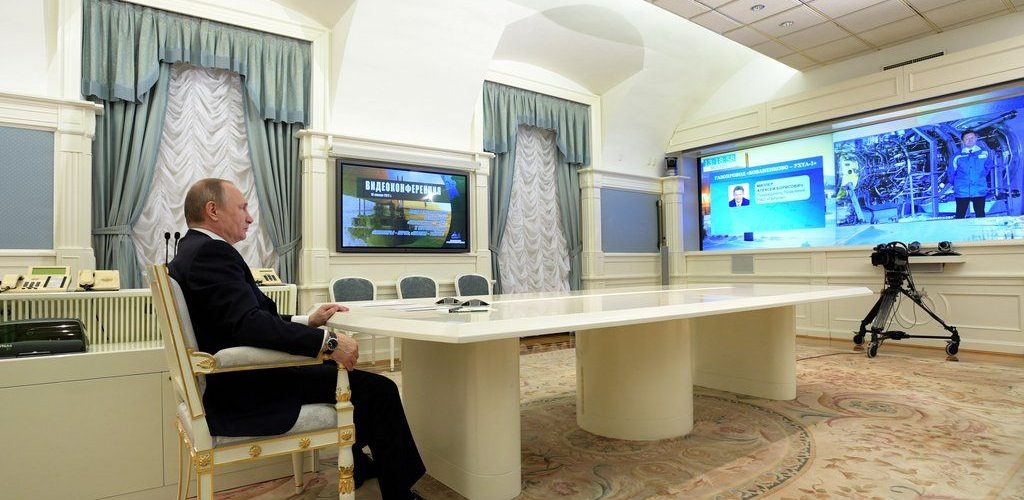“Regardless of whether or not the Trump campaign went into these meetings to cooperate with the Russians or merely to develop contacts that would be useful for their administration, the Russians went into these meetings to promote their covert action campaign of election manipulation…”
There has been much reportage on Russian meddling in the most recent US election—so much that it has become a jumble, with misdirection being cast around to add to the confusion. The key question is what the relationship between the Russian government and the Trump presidential campaign is or was. We are not likely to come to a firm conclusion on this, since the Russians are excellent operations officers and appear to have provided enough cover for their activities; however, I would like to make a few points and try to put it in perspective.
We have a fairly solid conclusion by the US intelligence community that the Russian government, spearheaded by the GRU–Russian military intelligence–hacked into the Democratic National Committee (DNC) and passed the most embarrassing bits to WikiLeaks for release. The intent appears to have been to aid the Trump campaign. Whether that effort had the desired impact remains unknown, but it is enough to know that the Russians tried, and will likely try again in the future.
Members of the Trump campaign had repeated contact with a variety of Russian officials during the period in which the Russians were trying to hack into the electoral process and lied about it, or at least lied about details of those contacts. That latter fact raises questions as to the nature of the contact: if they were simple diplomatic contacts, why not just admit to them and put to rest the speculation? Why the need for obfuscation?
It is true that foreign diplomats meet with members of domestic political parties to collect information on local political affairs. US diplomats do it all the time. Russian diplomats do it as well. What is significant is that all these meetings have a national security objective for the diplomat, whether it is collecting information or trying to sway a host country official’s position. None of these meetings are innocuous. The Russians monitor US diplomats meeting with Russians very closely and view these meetings with great suspicion.
We must be aware that when Ambassador Kislyak meets with Trump campaign officials while his government is trying to hack into the US electoral process, there are no insignificant occurrences. It does not necessarily mean that Trump campaign officials are complicit, but the Russians have an agenda and their policy, both from an intelligence covert action and diplomatic point of view, are working toward one objective. Kislyak was working to help the Russian goal of interfering with the election. Regardless of whether or not the Trump campaign went into these meetings to cooperate with the Russians or merely to develop contacts that would be useful for their administration, the Russians went into these meetings to promote their covert action campaign of election manipulation.
The most troubling contact is that of Trump adviser Roger Stone and Guccifer 2.0, whom US intelligence holds responsible for hacking the DNC and the Clinton campaign. Furthermore, US intelligence officials believe that Guccifer 2.0 is an online persona operated by the GRU. There is absolutely no good reason for Stone to have contact with a GRU online persona. This contact warrants closer investigation.
What does Putin stand to gain? The results for the Russians have been both good and bad. Right now, the Russians are having a field day. They have sown confusion within the US political system, taking advantage of our current political dysfunction and giving us more reason to fight each other. This is clearly distracting the administration from critical foreign policy issues. The downside is that it will be hard for this administration to improve relations with Russia given the intense scrutiny placed on anything Russian. If what Putin wanted out of his active measures was better relations with the US and the lifting of sanctions, then one has to ask whether he has achieved his objective.
Luis Rueda is an OpsLens Contributor and retired CIA Operations Officer with over 28 years of experience in the clandestine service. During his storied career with the CIA, Rueda served as Chief of Station New Delhi and Chief of Iraq Operations during Operation Iraqi Freedom.
To contact or book OpsLens contributors on your program or utilize our staff for your story, contact [email protected].

















